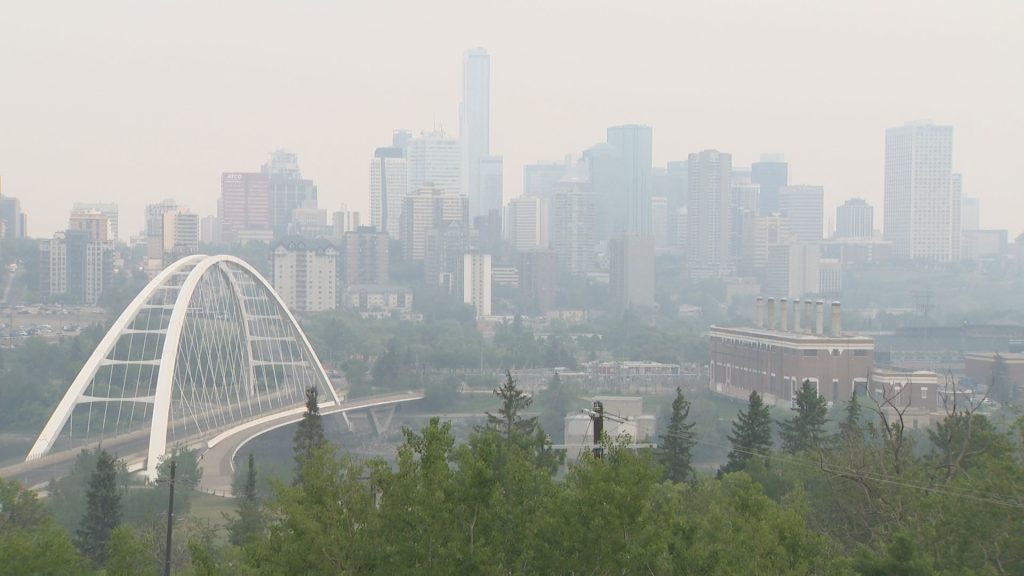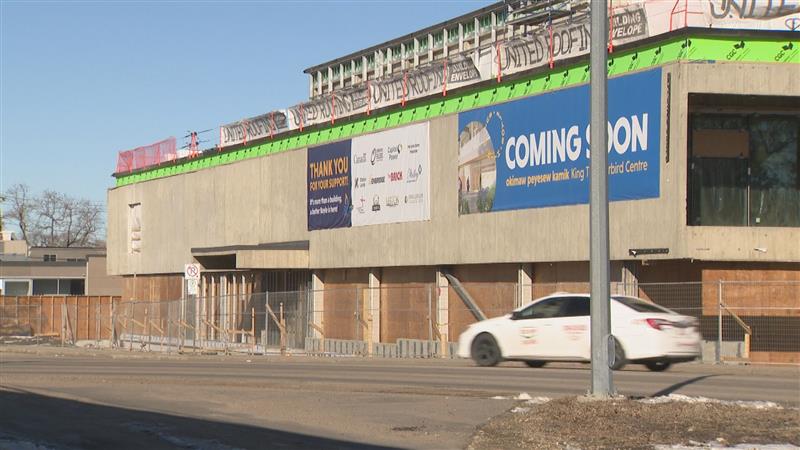Alberta businesses brace for another postal strike amid ongoing labour unrest

Posted May 20, 2025 5:02 pm.
Last Updated May 20, 2025 6:31 pm.
Canada Post workers have submitted a strike notice, prepared to walk off the job on Friday if a deal isn’t reached.
This is the second strike for Canada Post employees, the first started on November 15, 2024, and ended on December 17, leaving many businesses across the province in the lurch at Christmas time.
“I think this time around it’s going to be a little easier for businesses, because we already have alternate methods set in place, there’s less demand this time of year, so I think it’ll be a little easier,” said Mark Wilson, owner of Vivid Print on Whyte Avenue.
Wilson says that while other carriers are more expensive, he plans to absorb the difference in shipping cost that this strike would cause – the downside, for him, is the availability of his products if postal workers strike.
“Where alternate carriers cherry-pick their routes, Canada Post is required to carry coast to coast to coast, and supporting that is important, I think,“ said Wilson.
And it’s not just Canada Post at the centre of strike conversations. In 2025 alone, educational support workers across the province went on strike, Alberta teachers are in the midst of a cooling off period before voting to strike after rejecting mediatiors recommendations, and alberta public sector workers voted 90 per cent in favour of strike action, prepared to strike if they can’t reach a deal with the Alberta government.
“It is unusually high, and it is the aftermath of the generationally high inflation we saw in 2022 and 2023. So during those 18 months, it was the highest inflation we’ve seen since the 1990s,” said Moshe Lander, a professor of economics at Concordia University.
Lander says on top of inflation, many three- to five-year deals are coming to an end.
“This is the first opportunity for unions to say, ‘Now gimme, to make up for the purchasing power that I lost during that unanticipated jump in inflation,’” said Lander.
“So you’re seeing a lot of employers saying I’m not paying you for the past, I’m paying you for the future, and since we don’t see inflation in the future going forward, you can’t make up for lost time, and that’s where negotiations break down and you have a strike.”
And according to Lander, the inordinate amount of strike action either happening or being threatened is not likely to stop in the near future.
“I think that it’s going to continue because I think that the underlying issue is flat to falling productivity in this country. And much as Albertans would like to blame the government in Ottawa for the last 10 years, in fact, it goes back about 30 to 40 years. It’s the governments of left and right that are responsible for it. It’s not that the Canadian worker is lazy, it’s that the nature of Canadian industry in not competitive, and so that drags productivity.”








